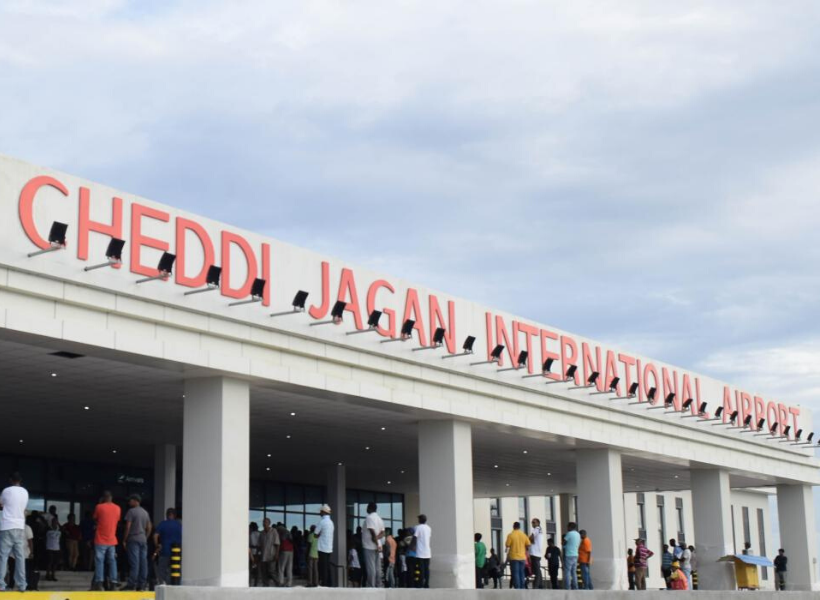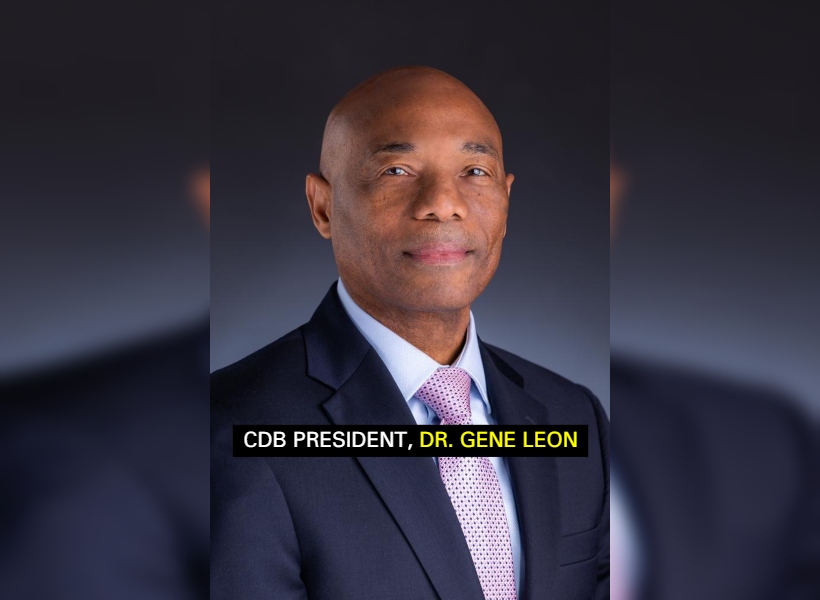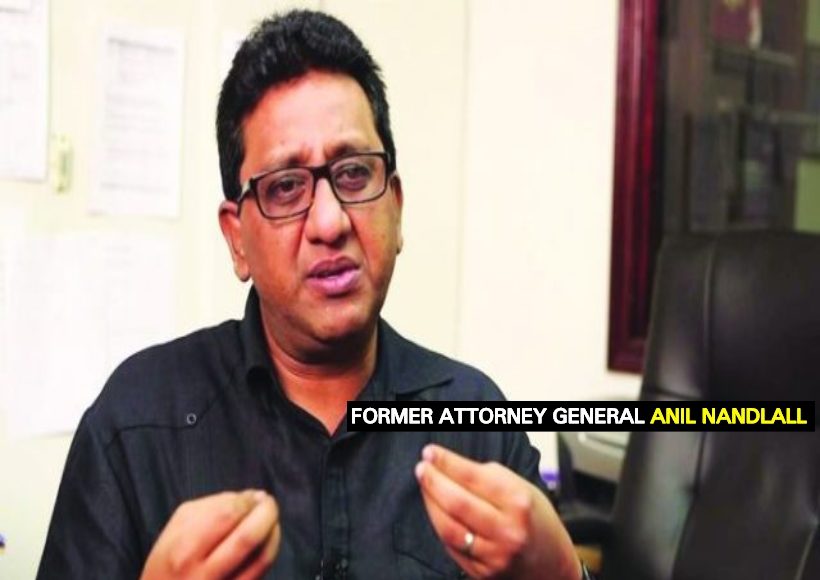Opposition lawyer Anil Nandlall a few hours ago announced that he will no longer be appealing the ruling of Chief Justice Roxane George-Wiltshire in a challenge to the constitutionality of the current house-to-house registration exercise.
In a press statement, Nandlall said, “After a more mature consideration of the Chief Justice’s decision and after conferring with my client and other counsel involved, including Senior Counsel, it is our considered opinion not to appeal the decision of the learned Chief Justice. Needless to say, we may reconsider our position, should appeals be filed by the other parties in the proceedings.”
Following the ruling yesterday, Nandall had told reporters that he was not “impressed” with certain aspects of the ruling, one being the Chief Justice’s declaration that the house-to-house registration exercise is not unconstitutional and would be seeking a second opinion from the Court of Appeal.
Nandlall had also expressed that he did not agree with the ruling that the Caribbean Court of Justice (CCJ) did not fix a timeframe for the holding of general and regional elections.
Speaking with reporters a few minutes after the judgment, Nandlall had expressed, “Obviously we will appeal. We do not agree that no timeframe for the holding of elections were fixed. The Chief Justice, herself, said in her ruling that Article 106 (6) and (7) [of the Constitution of Guyana] was activated. It cannot be open ended. The CCJ’s judgment could not have meant that elections would never be held unless Parliament agrees.”
He then asked, “What if Parliament does not agree?”
Although he failed to obtain the Conservatory Orders he sought from the court — one halting GECOM from continuing to conduct the registration exercise and another compelling the elections body to hold polls by September 18 — Nandlall insists that he was not defeated.
According to him, the Chief Justice, inter alia, ruled that the removal of the names of persons already registered on the National Register of Registrants (NRR) on the ground of non-residency, is unlawful; that names can only be removed from the NRR in accordance with the National Registration Act (for example, by death, insanity etcetera); and that the scrapping of the existing database of registrants will be illegal.
Nandlall emphasised, “By these pronouncements alone, the legal proceedings filed by Christopher Ram achieved its principal objective, that is, to thwart the government’s grand plan of using the house-to-house registration process as a vehicle to deregister tens of thousands of qualified electors for the next elections, thereby depriving them of their constitutional right to vote.”
He said, “Concomitantly, during the course of her ruling, the Chief Justice repeatedly emphasised that the current Official List of Electors (OLE) can be refreshed with a suitable Claims and Objections period and lawfully used for the next elections, but that it is for the Guyana Elections Commission (GECOM) to ultimately make that decision.”
The Chief Justice further ruled that her Honour’s interpretation of the Caribbean Court of Justice’s Consequential Orders is that Article 106 (6) and 106 (7) of the Constitution were triggered when the No-Confidence Motion (NCM), was successfully passed on December 21, 2018. Therefore, the three-month period for the holding of General and Regional Elections as mandated by the said constitutional provision immediately begun to run and expired on March 21, 2019, as there was no extension of this time by the National Assembly.”
“The natural corollary therefrom is that the government became illegal and unconstitutional on March 22, 2019. From this perspective, we were quite benevolent to the government by our submissions that the life of the government will expire on September 18, 2019, unless elections are held on or before that date,” the statement added.
Yesterday, Attorney General Basil Williams, who was a respondent in the matter, told reporters that it was a well-reasoned judgment.
He had said, “All that the applicant [Ram] asked for the court refused just as in the case of the CCJ and of course the court accepted that the matters were Res judicata. What is very important is that the house-to-house registration is not unconstitutional.”
Williams added, “No date [for elections] was ever fixed by the CCJ and she [the Chief Justice] won’t fix a date either. Nor no elections are to be held in three months. There was nothing that was asked for by the applicant that was successful.”









